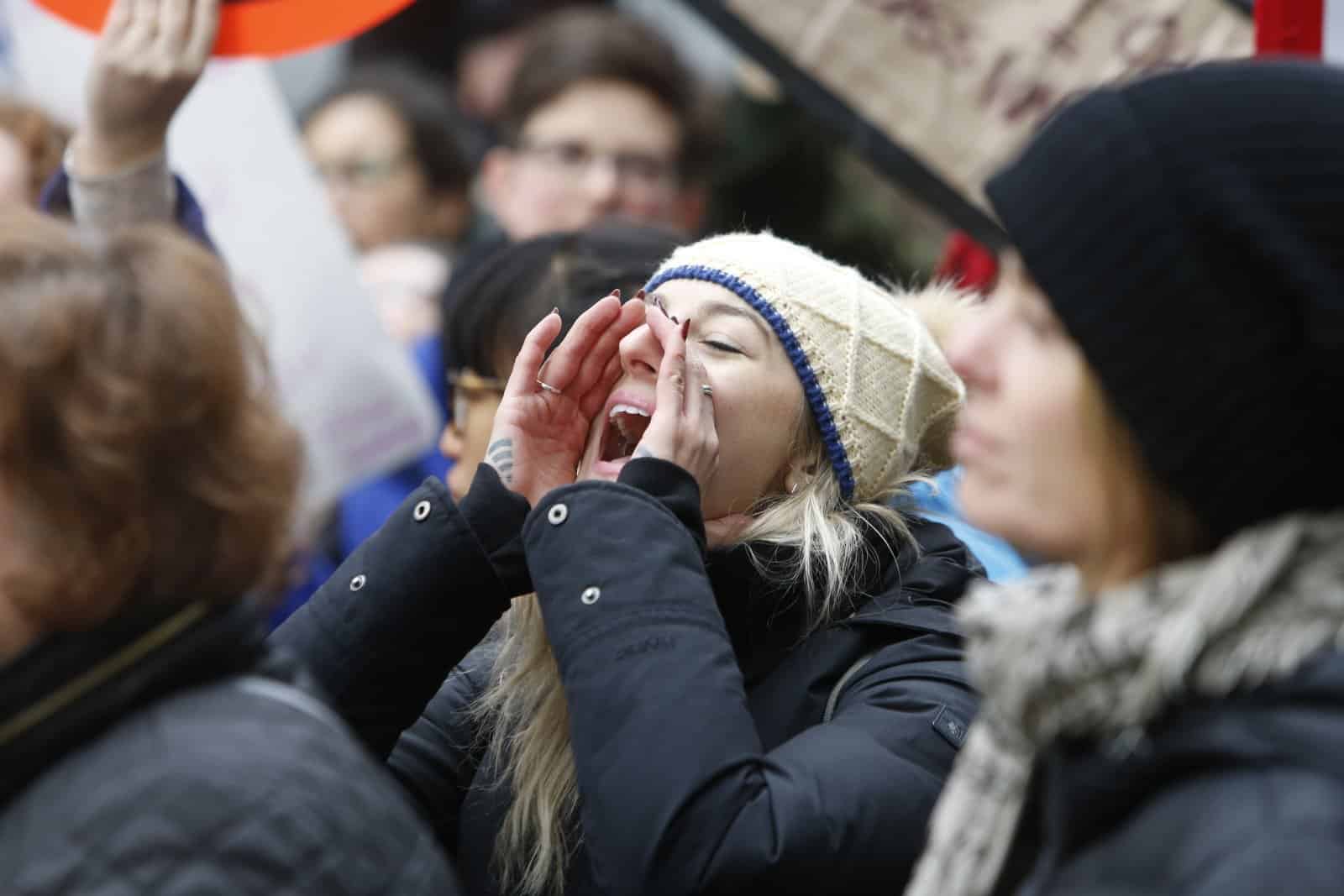Gender quotas in politics stir vigorous debate: are they a step toward fairness or a misstep in democratic choice? How do these policies shape our political landscape, considering the ongoing push for more inclusive representation?
1. For: Breaking Glass Ceilings

Gender quotas have helped shatter glass ceilings in parties like the Democratic Party, which has adopted various measures to increase female participation. This ensures women’s issues are prioritized and effectively addressed in legislative bodies.
2. Against: Overlooking Merit

Critics, including some within the Republican Party, argue that gender quotas prioritize gender over merit. They contend this could dilute the quality of political representation and decision-making by focusing on quotas rather than qualifications.
3. For: Promoting Rapid Change

Countries like Rwanda have embraced gender quotas, leading to a world-leading representation of women in their parliament. This rapid change demonstrates the effectiveness of quotas in correcting gender imbalances in political spaces.
4. Against: Spurring Resentment

In places where gender quotas have been implemented without broad support, such as in certain European conservative circles, there’s been noticeable backlash. This resentment can undermine the perceived legitimacy of elected officials, affecting their effectiveness.
5. For: Reflecting the Electorate

The Labour Party in the UK has successfully used all-women shortlists in certain constituencies to increase female representation, arguing that political bodies should mirror the societal makeup they serve to enhance democratic legitimacy.
6. Against: Restricting Voter Choice

Opponents in the U.S. Libertarian Party argue that gender quotas infringe on voter rights by limiting choices to a checkbox exercise of gender, rather than a selection based on policy stance or expertise.
7. For: Legislative Impact

In Nordic countries, gender quotas have led to legislation that profoundly impacts health care, parental leave, and child care—issues directly affecting a significant portion of the population, demonstrating the practical benefits of gender-balanced governance.
8. Against: Creating Divisions

In Australia, some members of the Liberal Party argue that mandatory quotas can deepen divisions within parties and among the electorate, leading to internal conflicts and a polarized political environment.
9. For: Ensuring Diversity of Thought

In the U.S., the Green Party supports gender quotas as a means to ensure diversity of thought in political discourse, which can lead to more comprehensive and inclusive policy-making.
10. Against: Potential for Patronage

Some fear that gender quotas can lead to a patronage system, where positions are filled based on allegiance to the quota rather than to voter needs or party ideology, potentially corrupting the political process.
11. For: Historical Corrections

Gender quotas can be seen as a corrective tool, necessary to balance historical injustices and disparities in political representation, as demonstrated by their successes in South American leftist movements.
12. Against: Ignoring Other Qualities

Critics, such as those in the U.S. Constitution Party, argue that quotas can overshadow other important candidate qualities, such as leadership skills, experience, and integrity.
13. For: Encouraging Participation

Gender quotas often encourage more women to participate in politics, as seen with the increased female candidate turnout in Democratic primaries following the adoption of supportive measures.
14. Against: Legal and Ethical Concerns

Legal experts sometimes question the constitutionality of gender quotas, suggesting they could violate principles of equality under the law, as debated in several high-profile U.S. court cases.
15. For: Cultural Shifts

Quotas can catalyze cultural shifts towards gender equality, as seen in Scandinavian countries, where long-standing quota systems have helped normalize women’s leadership in both the public and private sectors.
16. Against: Short-term Solutions

Some argue that while quotas may boost numbers in the short term, they do not address the underlying societal attitudes that perpetuate gender disparity in politics.
17. For: Global Influence

Implementing gender quotas in U.S. politics could position the country as a global leader in gender equality, influencing international norms and practices, similar to initiatives seen in the United Nations.
18. Against: Overlooking Intersectionality

Quotas focusing solely on gender may overlook other critical aspects of diversity such as race, ethnicity, and economic background, which can be equally important in politics.
19. For: Reducing Gender Bias

Gender quotas can help reduce inherent biases in candidate selection processes by forcing party leaders to nominate women, which has been effective in the Swedish political system.
20. Against: Compliance Challenges

Enforcing gender quotas can be challenging, especially in U.S. states with strong anti-quota sentiments, leading to compliance issues and legal battles that detract from their intended goals.
Multifaceted

As political landscapes evolve, so too will the arguments for and against these controversial measures. The journey toward equality in representation continues to be a complex yet crucial aspect of modern democracy.
The post Are Gender Quotas a Genuine Change or Superficial Fix? first appeared on Pulse of Pride.
Featured Image Credit: Shutterstock / Andrey_Popov.
For transparency, this content was partly developed with AI assistance and carefully curated by an experienced editor to be informative and ensure accuracy.

